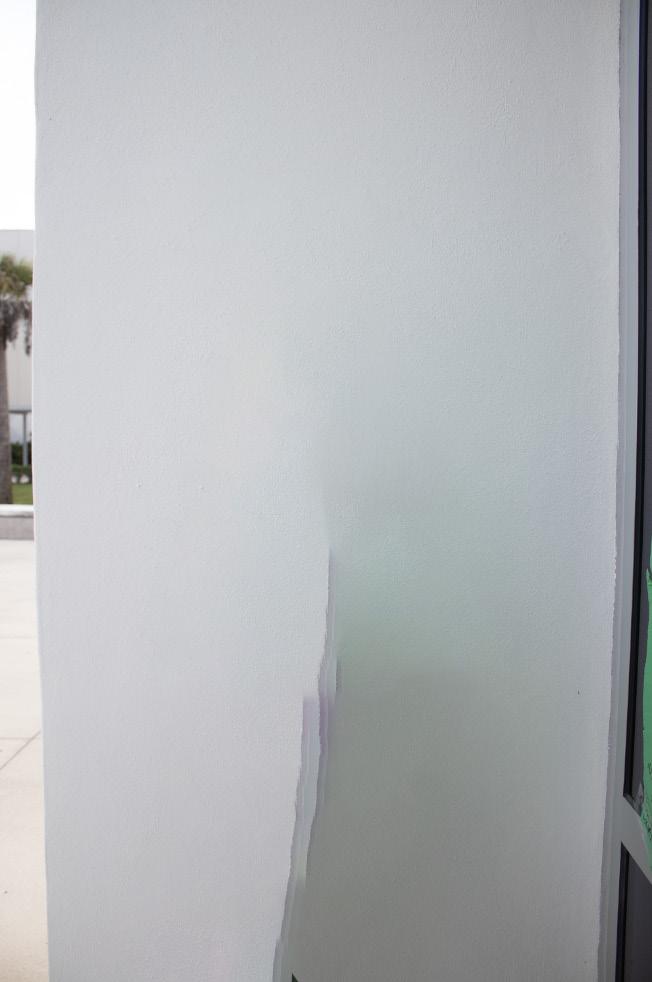
2 minute read
FACEOFF:
YES:

Advertisement
When faced with the question “is luck real?,” I was conflicted. I am somewhat of a superstitious person, but it was hard to believe that a force so out of control could influence lives so much. However, after much thought, I believe the answer is yes.
As University of Texas psychology professor Jacqueline Woolley told The Washington Post, luck can be viewed three ways: a random chance, a supernatural force to be harnessed or a characteristic someone is born with.
So, how does it affect life? That comes down to whether a person believes in it. Luck is a “self-fulfilling prophecy,” so if one considers themselves lucky, their optimistic mindset allows them to interpret even predictable occurrences (i.e., wearing “lucky” socks and doing well on a test) as good luck. Thus, if someone wakes up and determines it is a lucky day, they will typically have a good day.
To that end, not washing a lucky sweatshirt or dribbling a basketball three times before your free throw may work, but some things in life result from pure luck. One personal example of mine was when some out-of-town friends visited Miami and we decided to go to a small, random beach in Boca. We later learned that our other good friend from Connecticut was staying at a hotel on that very beach, and we all got to spend the day together. Could a coincidence so fortunate be anything but luck?
In my point of view, whether we make our own luck or it comes to us by chance, it is all the same — and I for one am always happy for a stroke of luck.
Luck is not real, it simply serves as an excuse for positive occurrences. There is no such thing as “good” or “bad” luck. “Good luck” tends to come to those who value organization, work harder and possess more drive. Those people will say “I have such good luck” when truly, it is not luck, but rather achievements. People who repeatedly put less effort into their work, are unorganized and simply have no care, tend to have “bad luck.” It is not because they are “cursed” and have a bad life. The work and effort put in, reflects on what people commonly call “luck.” It does not signify that good things cannot happen to people that do not put in the utmost effort, but that life just works that way. For good or bad things to happen to someone consistently, it matters how they live their life and what they do to get the results they receive. Luck defines itself as more of a positive feeling than a state. Richard Wiseman, author of “The Luck Factor” and professor of the Public Understanding of Psychology at the University of Hertfordshire, does not believe anything magical or superstitious relates to luck — it will neither help you out or hurt you.
People tend to credit their luck on good things that happen to them. One can define luck as a chance considered a force that causes good or bad things to happen. So if an unforeseen good thing happens to someone, it does not mean that they hold luck, and even if something good happens to someone consistently, the same goes. Being “lucky” is not a real thing. Some things result from the work put in, or often pure coincidences. Either way, when good things happen to people, several reasons and explanations outweigh its consideration as “lucky.”
Edie Carneiro Copy Editor e.carneiro.thepanther@gmail.com
Paulina Handal Staff wriwter p.handal.thepanther@gmail.com










